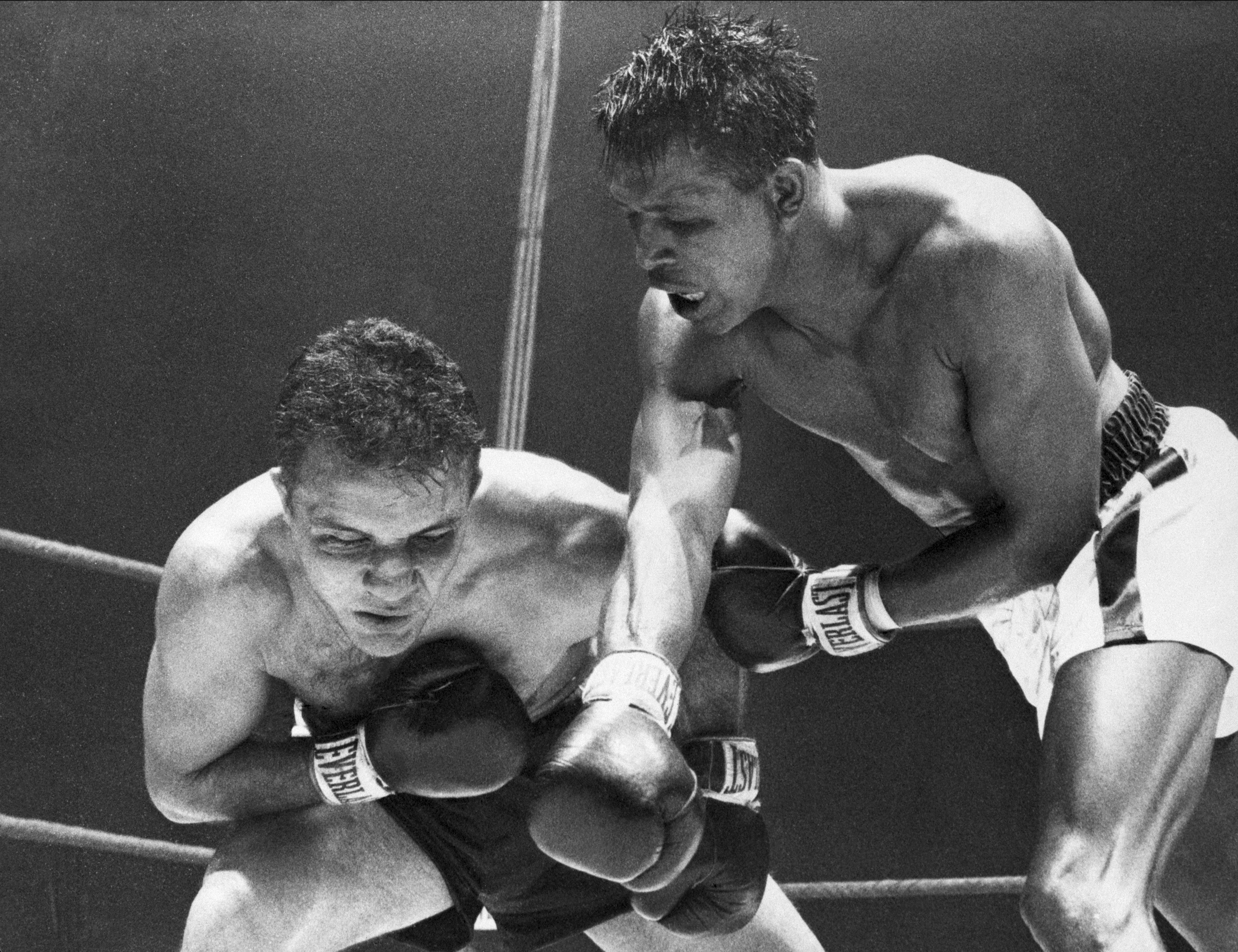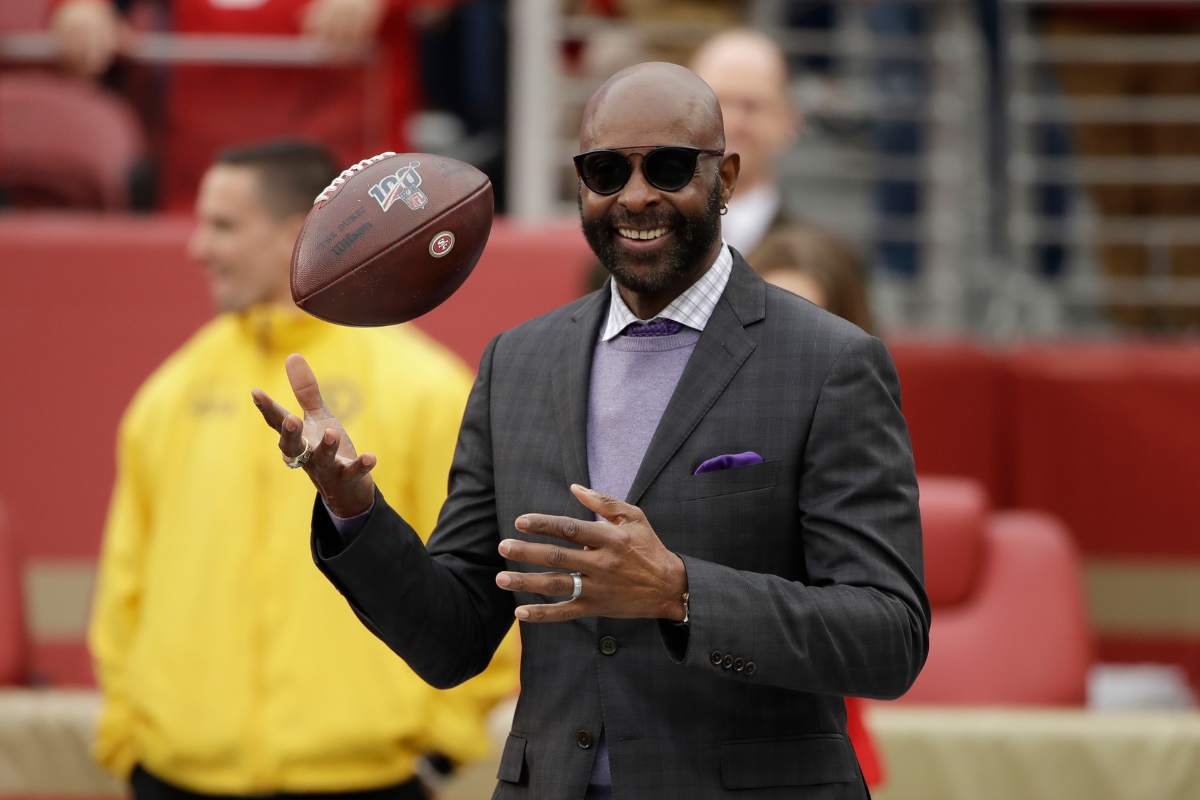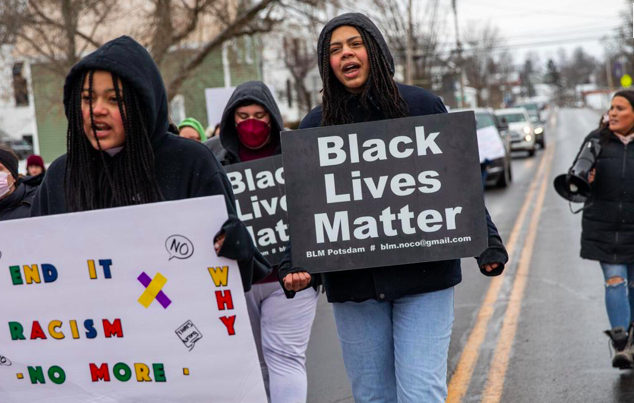This is part of The Shadow League’s Black History Month In Focus series celebrating Black excellence in sports and culture.
The American Jim Crow world was a land of extreme prejudice and restriction on people of African descent. Today the old rules are masked by new liberal intentions but the effect is the same: disparity.
Back then, Jim Crow was never more apparent than in sports. From baseball to boxing, the competition was never true with each race restricted from fighting each other for championships and sometimes in general.
However, only the brash can change history and in boxing, Jack Johnson was the one who would stare racism in the face and laugh heartily.
Born John Arthur “Jack” Johnson on March 31, 1878, in Galveston, Texas, Johnson was the third of nine children born to formerly enslaved parents. Henry and Tina “Tiny” Johnson worked blue collar jobs with Henry serving as a civilian teamster of the Unions 38th Colored Infantry. For the young Johnson, his father was a role model and the parents indelibly left their mark of pride on the future champion.
In his first professional bout in 1898, Johnson defeated Charley Brooks via KO in the second round of a planned 15 to claim his Texas State Middleweight title. He defended the belt 19 days later, knocking out Ed Johnson in five rounds.
Johnsons style was ahead of its time. Before Muhammad Ali became synonymous with a rare and unique cleverness in the ring, Johnson was toying with his opponents. Being Floyd Mayweather, Jr., made his money by never getting hit, Johnson was labeled a coward by the white masses who misconstrued his defensive genius.
By his twentieth fight, Johnson had won the World Colored Heavyweight Championship in a 20-round decision over Ed Martin in Los Angeles. Johnson held the title from 1903 until 1908, fighting an astounding 42 more times and defending his title 17 of times. His reign of 2,151 days was the third longest in the 60-year-long history of the colored heavyweight title. Only Harry Wills at 3,103 days and Peter Jackson at 3,041 held the title longer until Johnson finally brokered the fight the world thought would never happen.
After stalking Canadian Heavyweight World champion Tommy Burns around the world for two years, Johnson finally got his shot and defeated Burns in Sydney, Australia by decision in 14 rounds. The win set off a blitzkrieg of emotion stateside and the call for a Great White Hope to quell the notion that Johnson was the superior athlete began.
Retired undefeated former Heavyweight World champion James J. Jeffries answered the call and came out of retirement to face Johnson in Reno, Nevada in 1910. For his detractors, this would finally be the first real test for Johnson.
Jeffries ducked Johnson during his reign to retire undefeated, and if anyone could derail the myth of the black champion, he could in white Americas mind. But alas, Johnson proved victorious again with a stop to the fight being called in the fourteenth round by Jeffries’ corner to avoid a KO blemish on his record. Jeffries would never fight again and America would forever be changed.
It was the Fourth of July and the outcome of the fight triggered race riots that evening across the United States. From Texas and Colorado to New York and Washington, D.C. Johnson’s victory over Jeffries had dashed white Americas dream and they were humiliated by the defeat of Jeffries.
Anger over the outcome set in, erupting into race riots in New York, Pittsburgh, Philadelphia, New Orleans, Atlanta, St. Louis, Little Rock, and Houston. In most cases, white mobs attacked or lynched black people out of anger in more than 25 states and 50 cities. At least twenty people were killed across the United States and hundreds more were injured.
Johnson wasnt perfect by any means. He refused to fight black boxers in their prime, once a Heavyweight world champion, for fear of losing the money he would make from racial animus. The result alienated top black fighters who wanted the same shot he had at the best in the division.
Ultimately, Johnson was incarcerated for violation of the Mann Act, bringing women across State lines for the act of prostitution. A false claim for sure, manufactured by the powers that be who were angered that Johnson had three white wives in succession, along with numerous white girlfriends. After fleeing the country to avoid his year and a day sentence that was imposed by segregationist Federal judge turned Commissioner of Baseball Kennesaw Mountain Landis, Johnson returned after seven years and turned himself in.
During his boxing career, Jack Johnson fought 114 fights, winning 80 matches, 45 by knockout. He wasnt the first black man to win a boxing world championship, that was accomplished by Joe Gans six years prior to Johnson’s victory over Jeffries. But his willingness to challenge the establishment with his brazenness and athleticism made him special.
On April 5, 1915, Johnson lost his title to Jess Willard before a crowd of 25,000 at Oriental Park Racetrack in Havana, Cuba. Johnson was knocked out in the 26th round of the scheduled 45-round fight. America was cruel to this legend, reminding him of his defiance through the upper echelons of his age. Johnson fought professionally until 1938 at age 60 when he lost 7 of his last 9 bouts making his final ring appearance at age 67 fighting three one-minute exhibition rounds against two opponents.
Johnson died in a car crash on U.S. Highway 1 near Franklinton, North Carolina, a small town near Raleigh, after racing angrily from a diner that refused to serve him. The former heavyweight world champion was reduced to fighting as a senior and still not being respected as a man.
We must cherish Jack Johnsons legacy, for it was one birthed by fire and a relentless torrential downpour of leather



